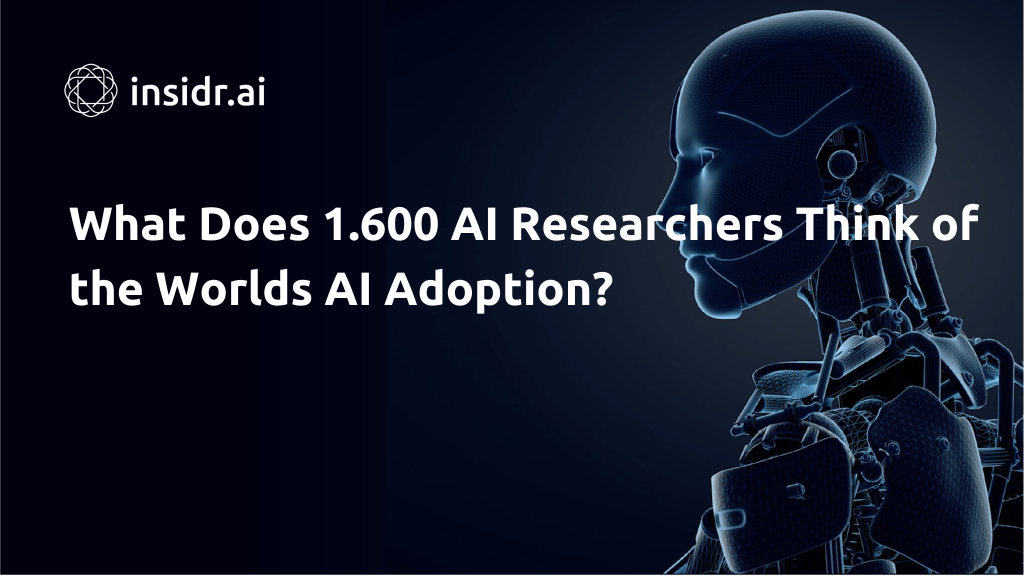
In the ever-evolving landscape of scientific research, artificial intelligence (AI) is emerging as a transformative force.
A recent Nature survey involving over 1,600 researchers worldwide sheds light on the growing significance of AI in the scientific community.
While scientists are excited about the potential AI offers, they also harbor concerns about its impact on research practices.
AI in the Science World
The survey reveals that a significant proportion of researchers anticipate AI’s central role in their work over the next decade.
AI tools, including machine learning and generative AI, are gaining prominence across various scientific fields.
The use of AI is reflected in the increasing number of research papers mentioning AI-related terms.
Machine learning, a well-established AI technique, is lauded for its ability to expedite data processing, accelerate computations, and save valuable time and resources.
Researchers like Irene Kaplow at Duke University emphasize how AI has enabled them to tackle previously insurmountable biological questions.
Balancing Excitement with Concerns
However, the survey also uncovers scientists’ apprehensions regarding AI’s impact on research.
Concerns include overreliance on pattern recognition at the expense of understanding, the potential for bias and discrimination in AI-generated results, increased risk of fraudulent practices, and the threat of irreproducible research.
Jeffrey Chuang from the Jackson Laboratory in Farmington, Connecticut, points out that AI challenges established standards of proof and truth in research—a critical concern for maintaining scientific rigor.
Diverse Perspectives in the Scientific Community
The survey respondents fell into three categories: those actively involved in AI development or study, those who used AI in their research, and those who did not utilize AI in their scientific work.
Each group offered distinct perspectives on AI’s future.
Researchers directly engaged with AI are optimistic, with many foreseeing AI becoming essential to their fields in the coming decade.
Even those outside the AI field anticipate AI becoming very useful. However, the enthusiasm is understandably lower among those who do not currently use AI.
Generative AI: Promise and Concerns
Large language models (LLMs), exemplified by ChatGPT, garnered both praise and concern.
Researchers appreciate LLMs for enhancing grammar, style, and language fluency in research papers, particularly for non-native English speakers.
However, concerns revolve around misinformation, plagiarism, and the potential to introduce errors into research.
AI’s impact on the medical field is scrutinized, given the risk of perpetuating biases from historically biased data.
Researchers have encountered instances where AI-generated medical diagnoses varied based on the patients’ race or gender, highlighting the need for ethical considerations in AI implementation.
Barriers to Widespread AI Adoption
Around half of the surveyed scientists face obstacles in fully embracing AI, but the challenges vary among groups.
Those engaged in AI development are concerned about computing resources, funding, and data quality.
Researchers from other fields cite the lack of skilled personnel and training resources, along with privacy and security considerations, as barriers.
Commercial Dominance and Ethical Concerns
The dominance of commercial firms in AI resources and tools raises concerns about undue influence. Collaboration with these firms is common among AI-focused researchers.
However, there is an ongoing debate about the importance of such collaborations in scientific research.
Reviewing AI-Driven Research
Reviewing papers incorporating AI tools poses challenges.
While some scientists believe that journal editors and peer reviewers possess the necessary expertise, others express doubts about their ability to assess AI-generated research accurately.
Ensuring quality in AI-driven research remains a pressing concern.
AI's Societal Implications
Beyond research, the survey examined concerns about AI’s broader societal impacts. Researchers are particularly worried about AI’s potential to spread misinformation.
Concerns also extend to AI weapons and surveillance, while fewer respondents view AI as an existential threat to humanity.
AI's Inevitable Transformation
Despite concerns, the scientific community acknowledges that AI and LLMs are here to stay.
Researchers like Yury Popov at the Beth Israel Deaconess Medical Center recognize AI’s transformative potential.
The focus now is on harnessing AI to maximize its benefits while addressing the associated challenges.
Insidr.ai's comments
The Nature survey highlights the growing influence of AI in science, with researchers acknowledging its potential benefits and concerns.
It’s crucial for the scientific community to address ethical challenges and ensure rigorous standards in AI-driven research.
Collaboration between AI experts and researchers from diverse fields will be essential to harness AI’s transformative power effectively while maintaining scientific integrity.
Conclusion
In conclusion, the Nature survey provides valuable insights into the complex relationship between AI and science.
While AI holds immense promise for accelerating research, scientists must grapple with ethical and methodological concerns.
As AI continues to shape the scientific landscape, the research community must strike a delicate balance between innovation and responsible implementation.
Sources
Discover More AI Tools
Every week, we introduce new AI tools and discuss news about artificial intelligence.
To discover new AI tools and stay up to date with newest tools available, click the button.
To subscribe to the newsletter and receive updates on AI, as well as a full list of 200+ AI tools, click here.







